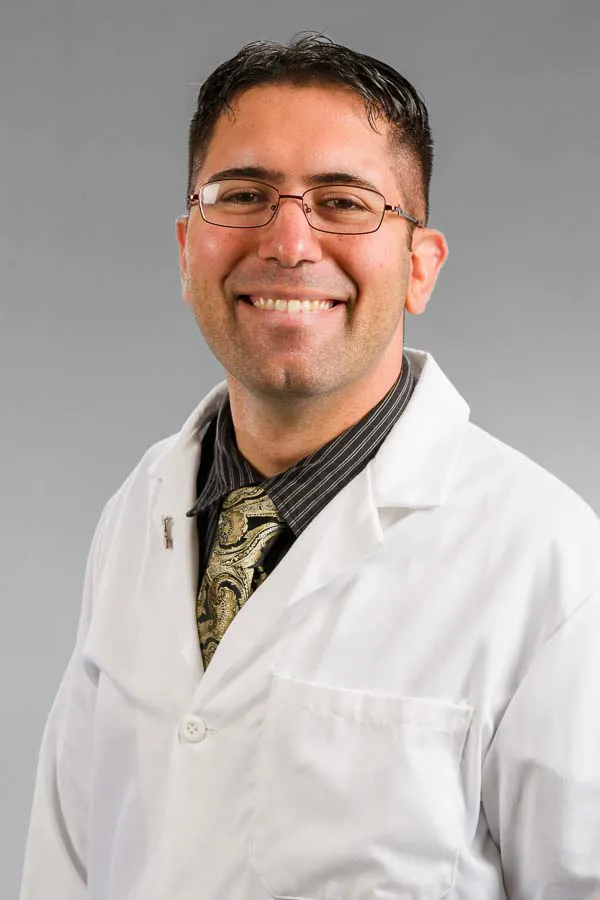
|
McAree, Patrick C., PA-C
860.456.2898
|
|
|

|
Bleich, Steven, MD
860.522.0604
|
|
|

|
Padegimas, Allison Seinmetz, MD, FACC
203.265.9831
|
|
|
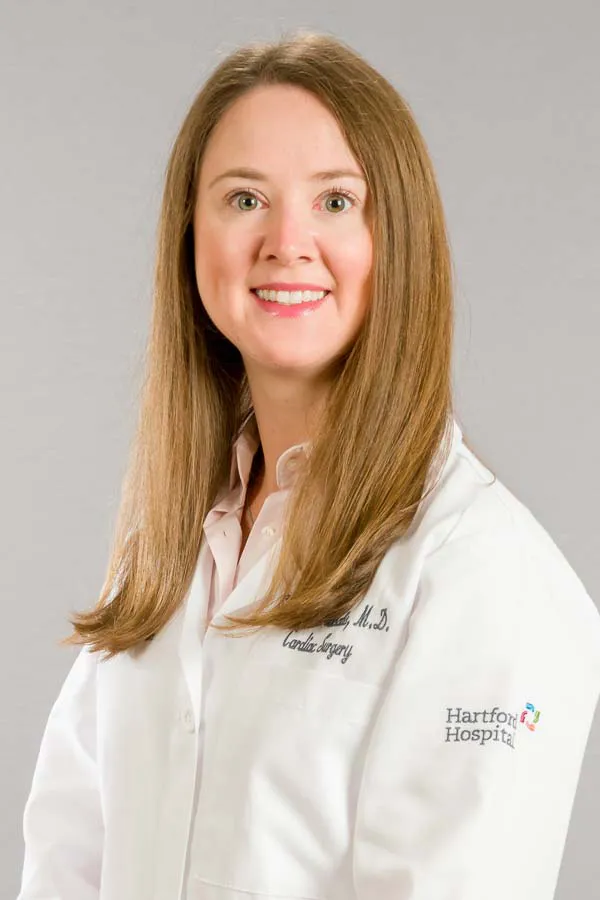
|
Pousatis, Sheelagh, MD
860.696.5520
|
|
|
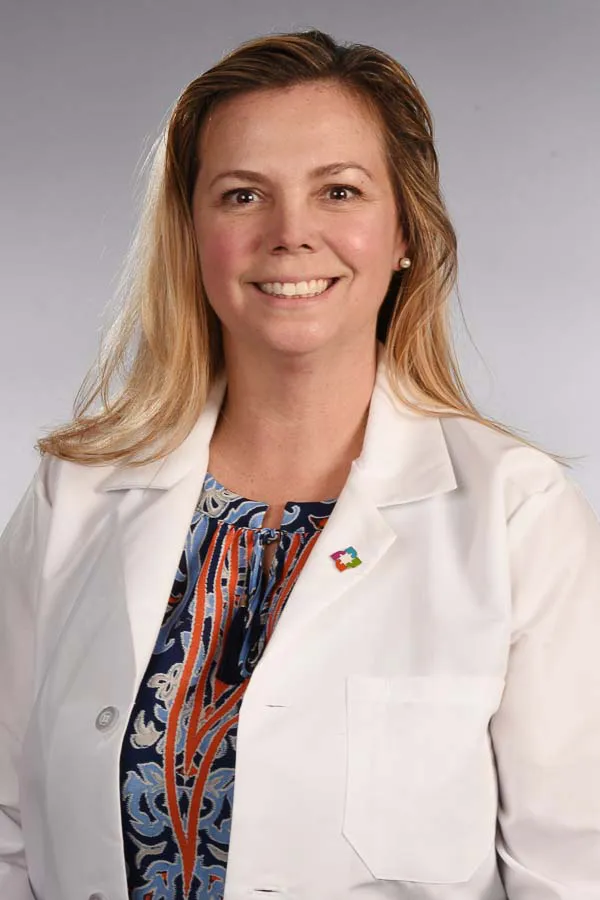
|
Carroll, Lenore Ann, APRN
860.636.2010
|
|
|

|
Altszuler, David Jay, MD
203.265.9831
|
|
|
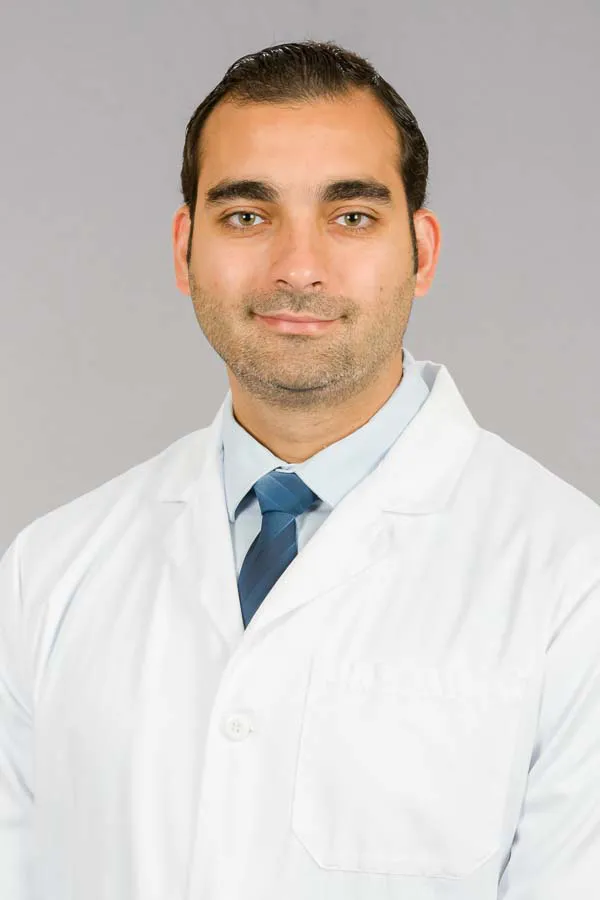
|
Barbour, Mohamad Firas, MD
860.242.8756
|
|
|
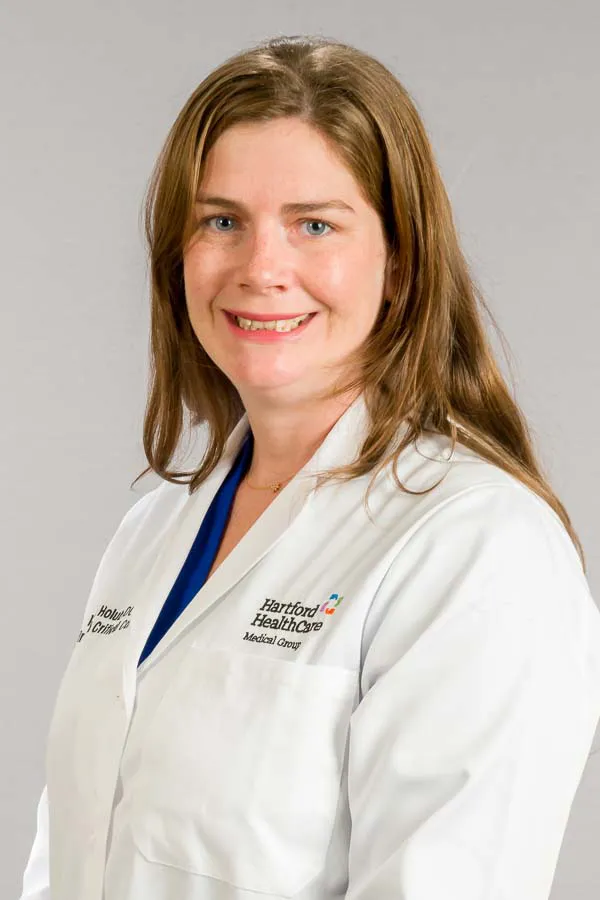
|
Holub, Meredith Sullivan, DO
860.524.4550
|
|
|

|
Srinivasan, Aparna, MD
203.845.2160
|
|
|

|
Panetta, Andrew David, PA-C
860.696.5520
|
|
|
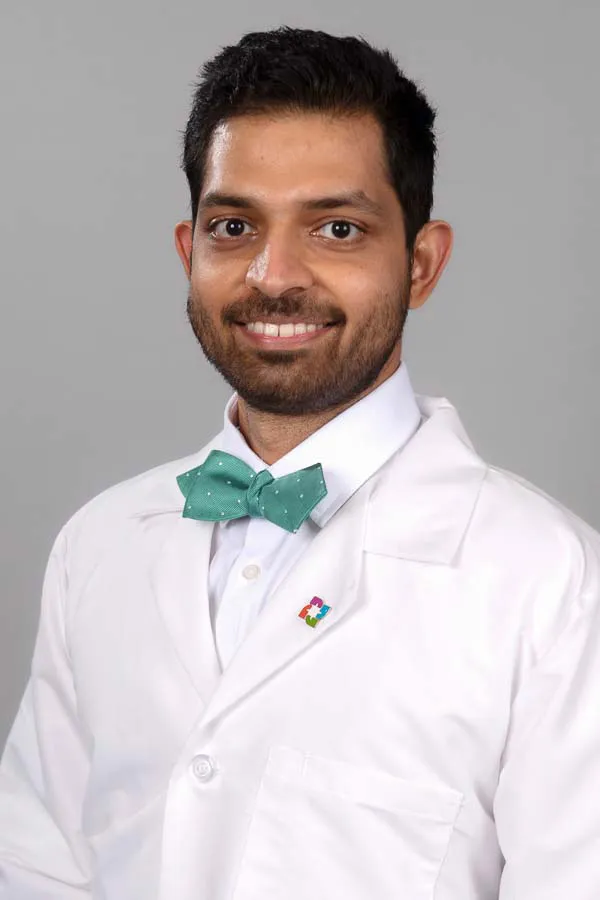
|
Pawar, Sumeet Sanjeev, MD
860.572.5400
|
|
|
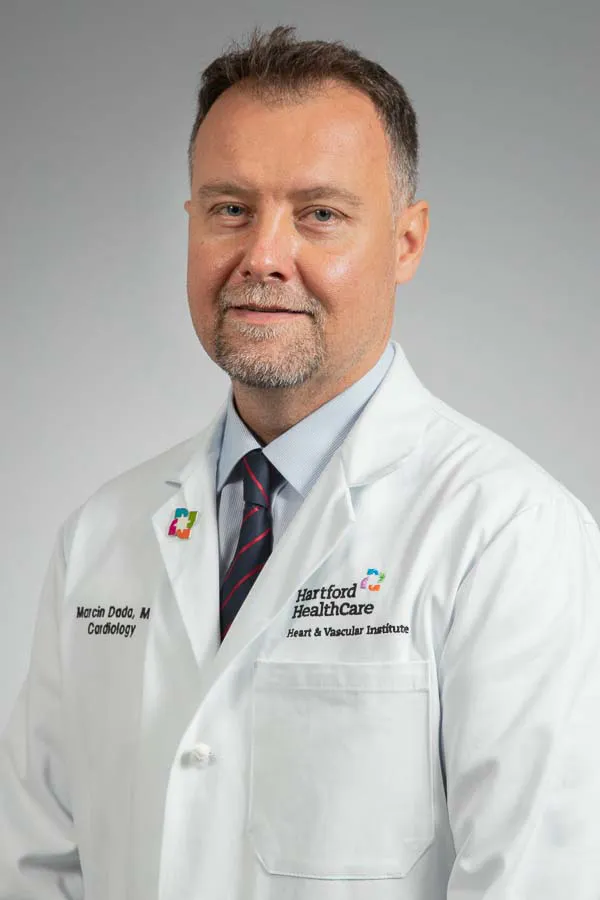
|
Dada, Marcin R., MD
860.224.5694
|
|
|
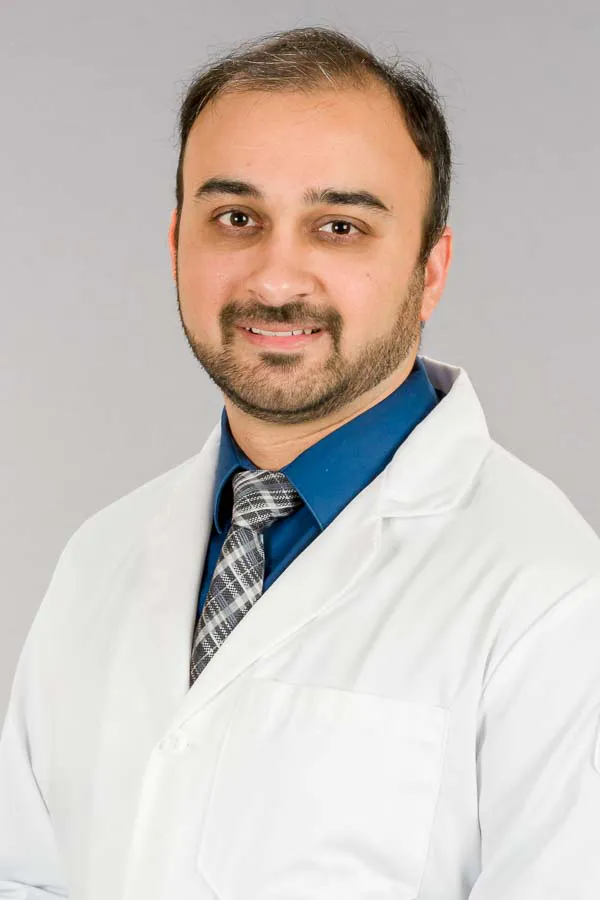
|
Nasir, Usama Bin, MD
860.696.1566
|
|
|
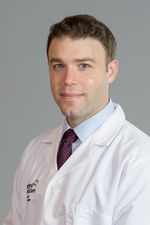
|
Alter, Eric Louis, MD, FACC, RPVI
203.254.2452
|
|
|

|
Prisco, Jessica L., APRN
860.886.0023
|
|
|

|
Diamond, Kristen Murrone, PA-C
860.242.8756
|
|
|

|
Patel, Boskey, DO, FACC, FSCAI
860.524.3070
|
-
Interventional Cardiology
|
|
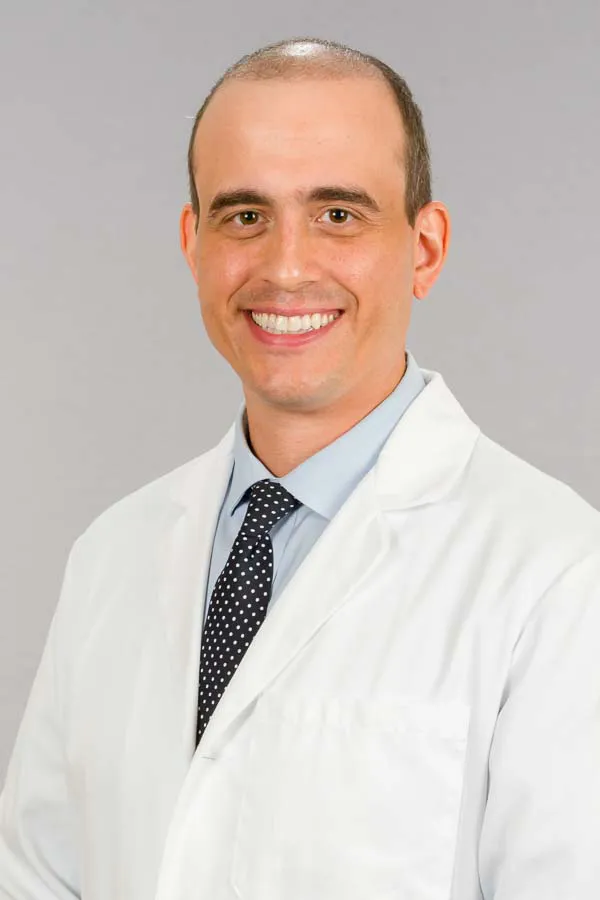
|
Vlismas, Peter Paul, MD
860.972.1212
|
-
Advanced Heart Failure and Transplant
|
|
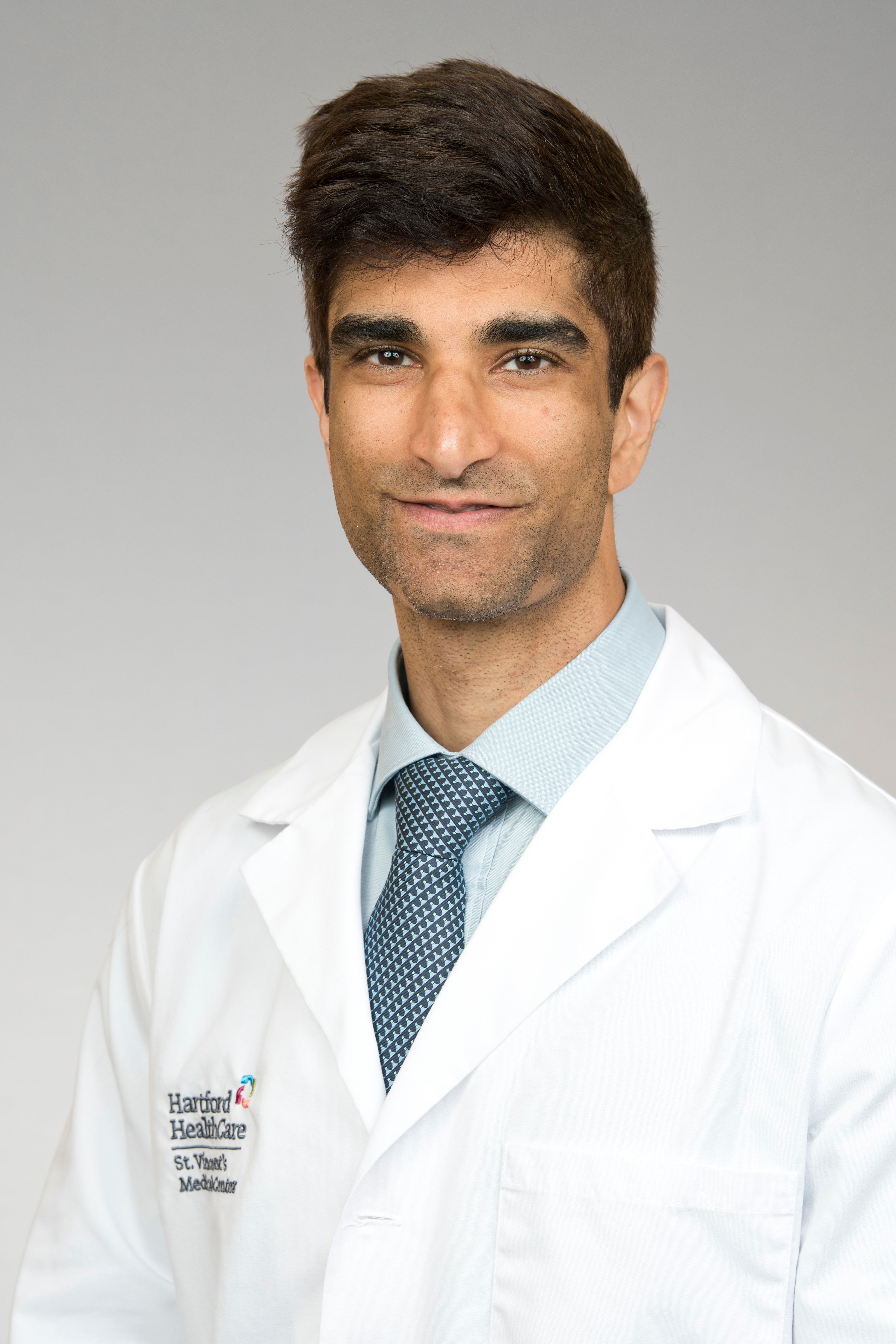
|
Jaffer, Osman Arif, MD, RPVI
203.732.7455
|
-
Interventional Cardiology
|
|
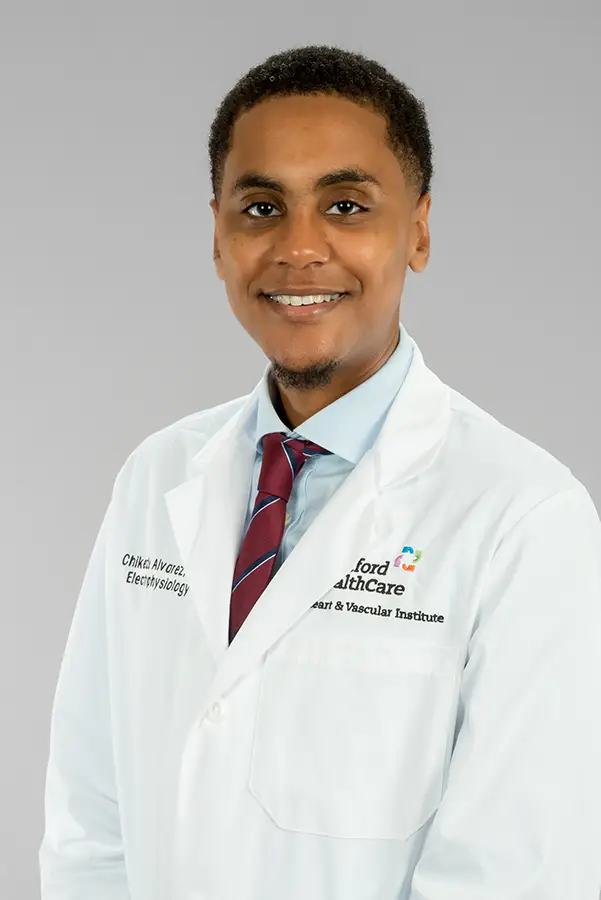
|
Alvarez, Chikezie, MD
860.889.9180
|
-
Cardiac Electrophysiology
|
|
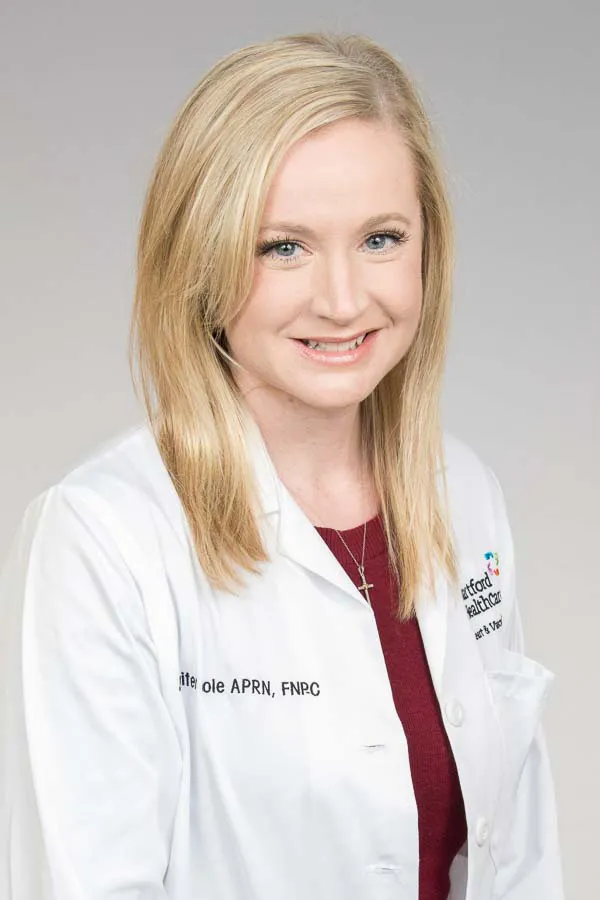
|
Cole, Jennifer L., APRN, FNP-C
860.972.1212
|
|
|
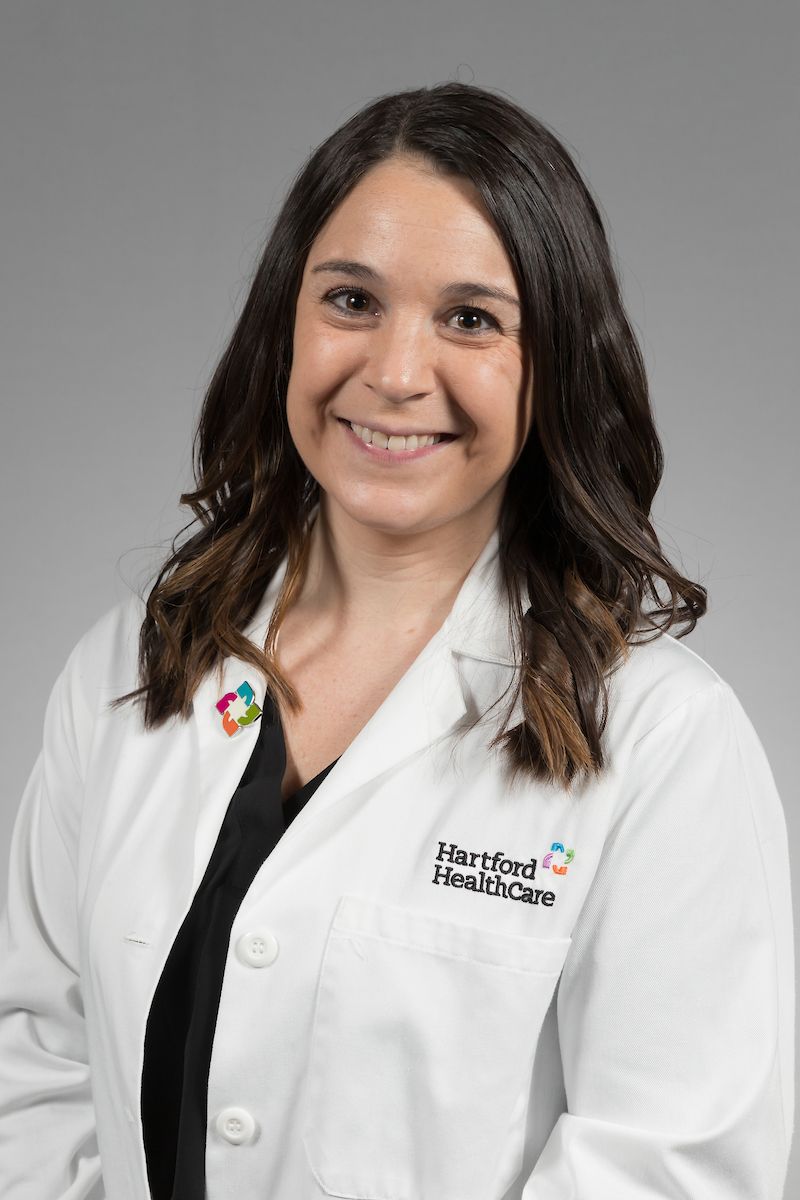
|
Peckham, Elizabeth Nicole, APRN
860.972.5083
|
|
|
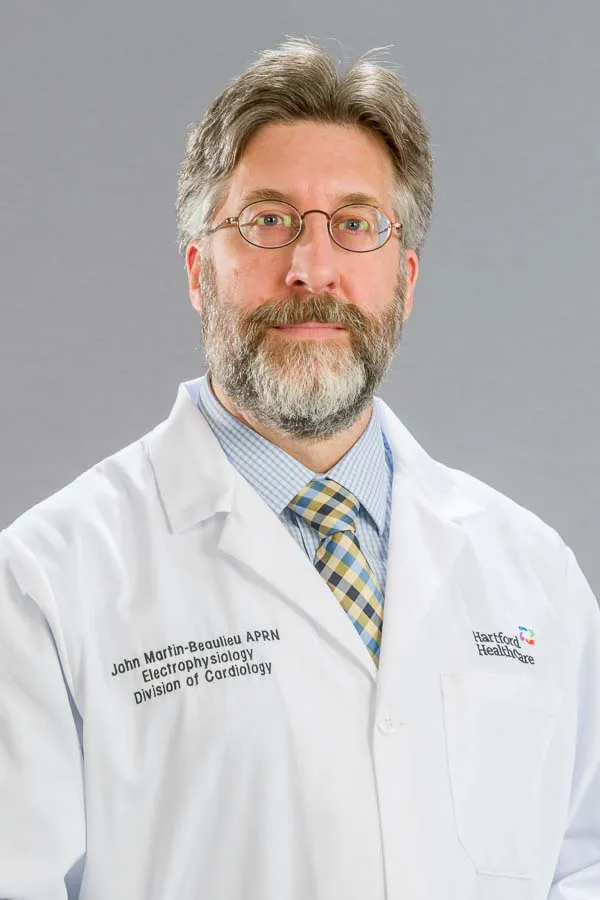
|
Martin-Beaulieu, John, APRN
860.972.1506
|
-
Cardiac Electrophysiology
|
|

|
Jaiswal, Abhishek, MD
860.972.1212
|
-
Advanced Heart Failure and Transplant
|
-
Hartford
-
Hamden
-
Fairfield
-
Bridgeport
Show Less
|
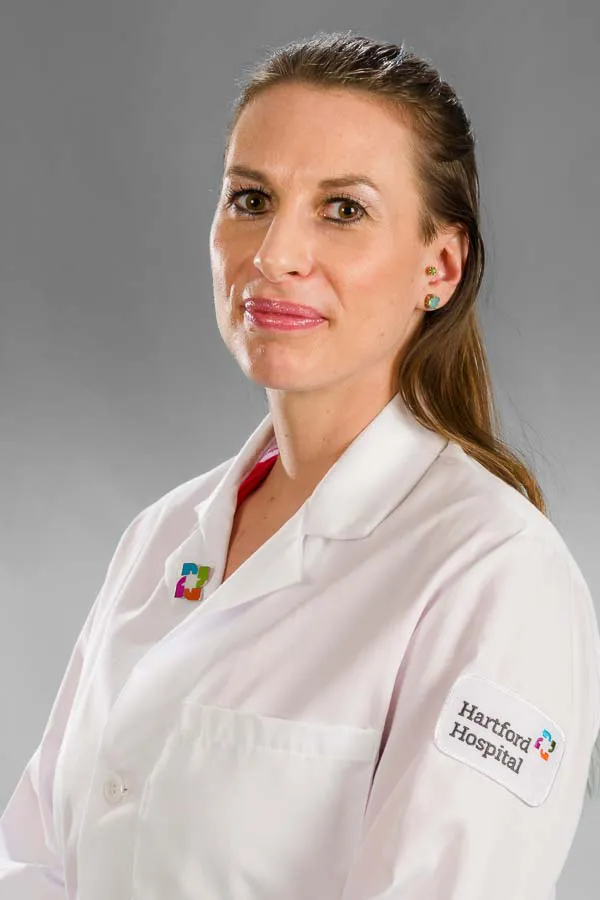
|
Shippee, Jessica L., APRN
860.972.1695
|
|
|

|
Beach, Yan, APRN
860.276.5107
|
|
|
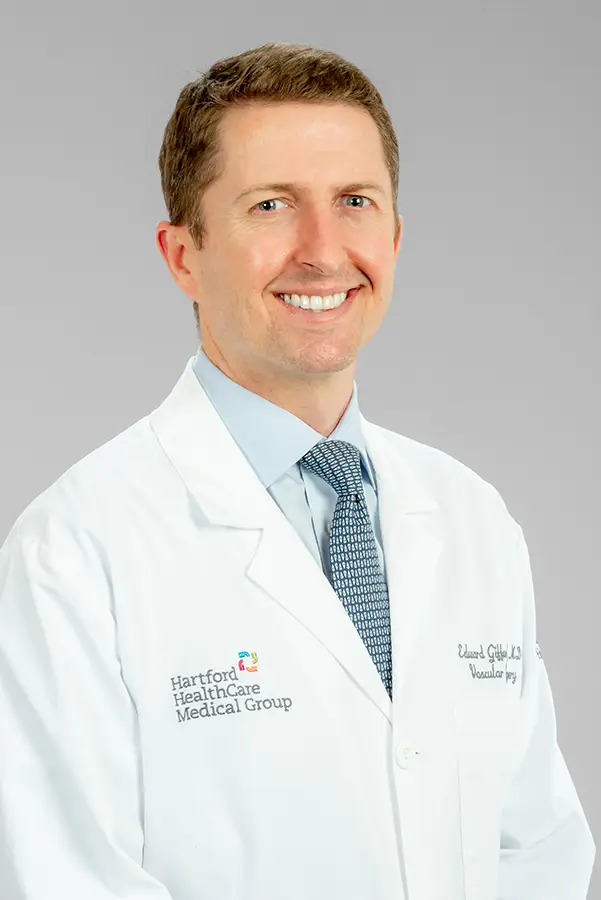
|
Gifford, Edward D., MD, FSVS, FACS, RPVI
860.522.4158
|
|
|

|
Kunkes, Jordan H., MD
860.522.5712
|
|
|

|
Bailey, Allison L., PA-C
860.522.4158
|
|
-
Glastonbury
-
Farmington
-
Mystic
-
Norwich
Show Less
|

|
Dasilva, Bliss, APRN
|
|
|

|
Young, Alexa J., APRN
860.972.1212
|
-
Advanced Heart Failure and Transplant
|
|
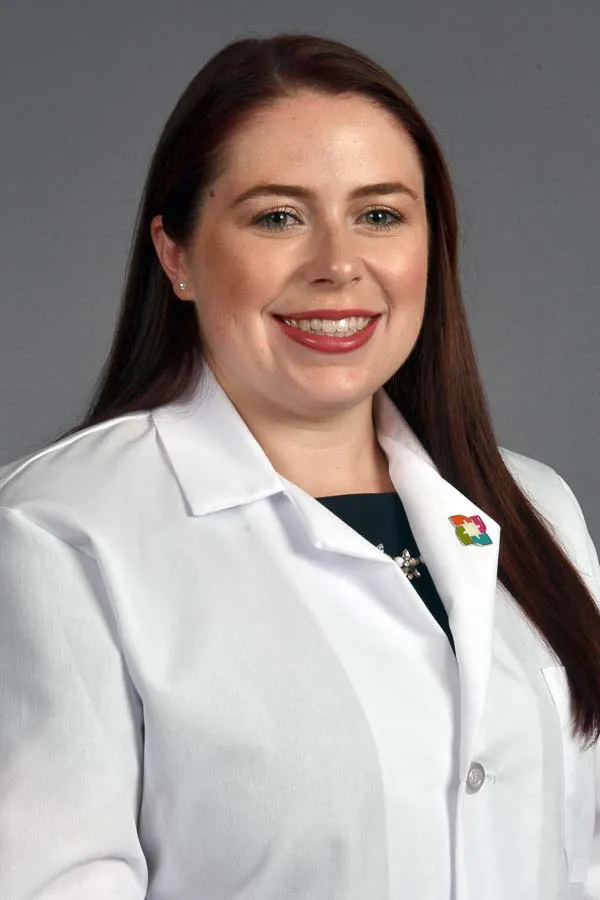
|
Neveu, Jaclyn Rose, PA-C
860.889.9180
|
-
Cardiac Electrophysiology
|
|
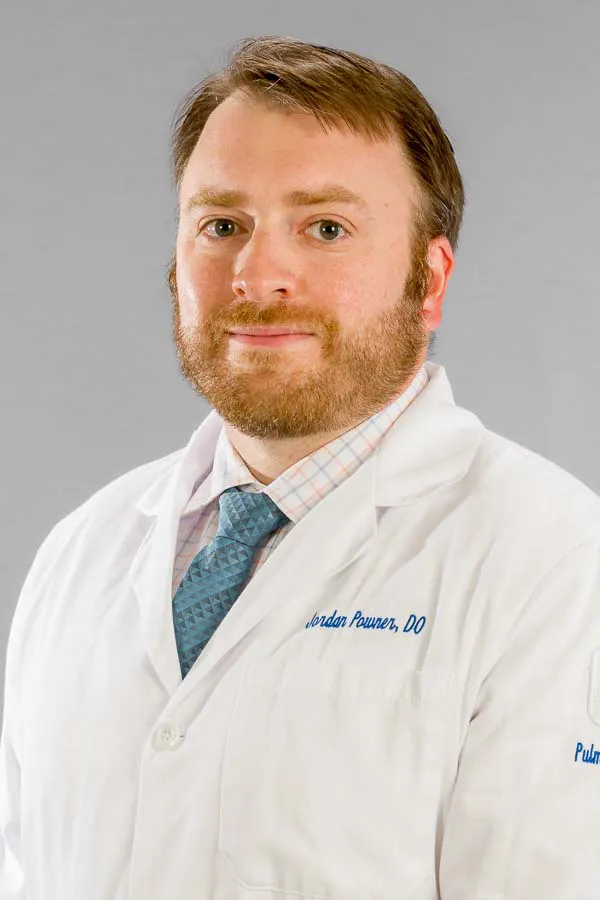
|
Powner, Jordan, DO
860.524.4550
|
|
-
Enfield
-
Hartford
-
Willimantic
-
Glastonbury
Show Less
|
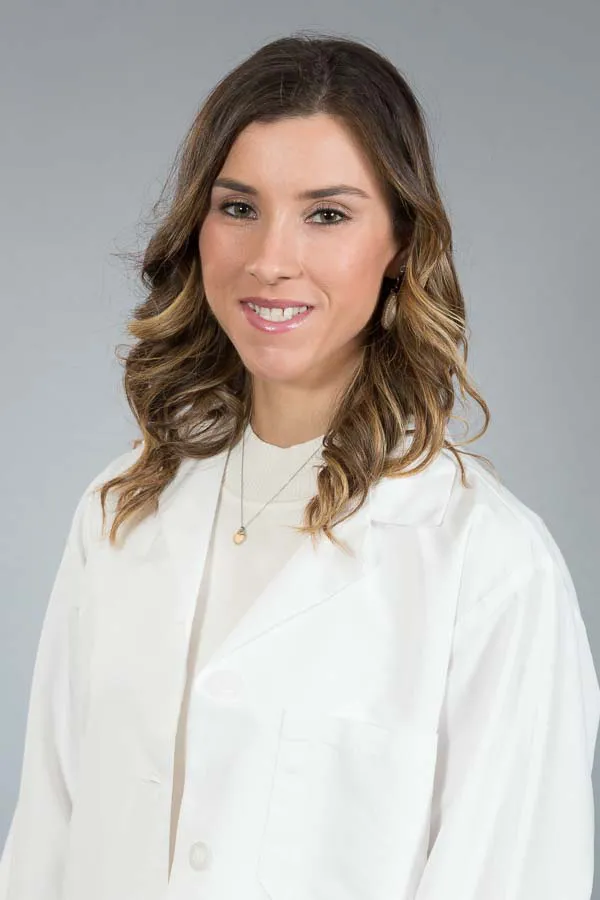
|
Leach, Olivia, PA-C
860.696.5520
|
|
|

|
Sanabria, Christine, APRN
860.972.9495
|
|
|

|
Russell, Jessica, APRN
203.576.5708
|
|
|

|
Angeli, Angelina, APRN
203.678.1050
|
-
Cardiac Electrophysiology
|
|
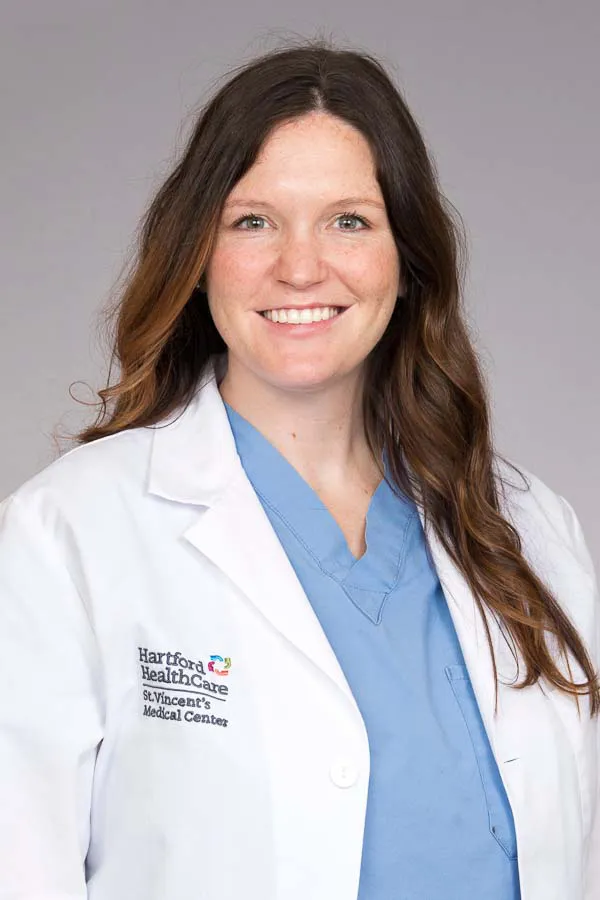
|
Lobraico-Fernandez, Jessika, PA-C
203.683.5100
|
|
|
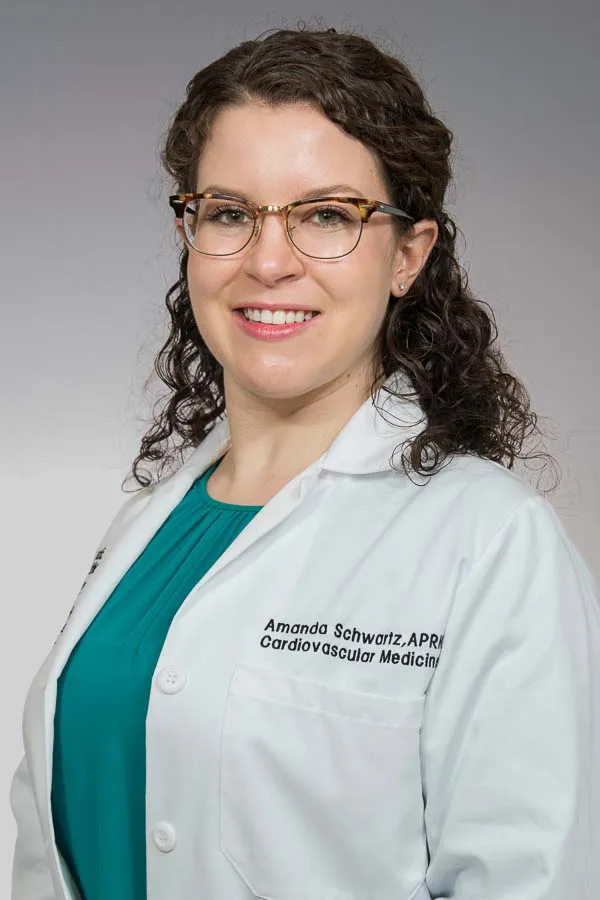
|
O'Neill, Amanda, APRN
203.576.6177
|
-
Advanced Heart Failure and Transplant
|
|
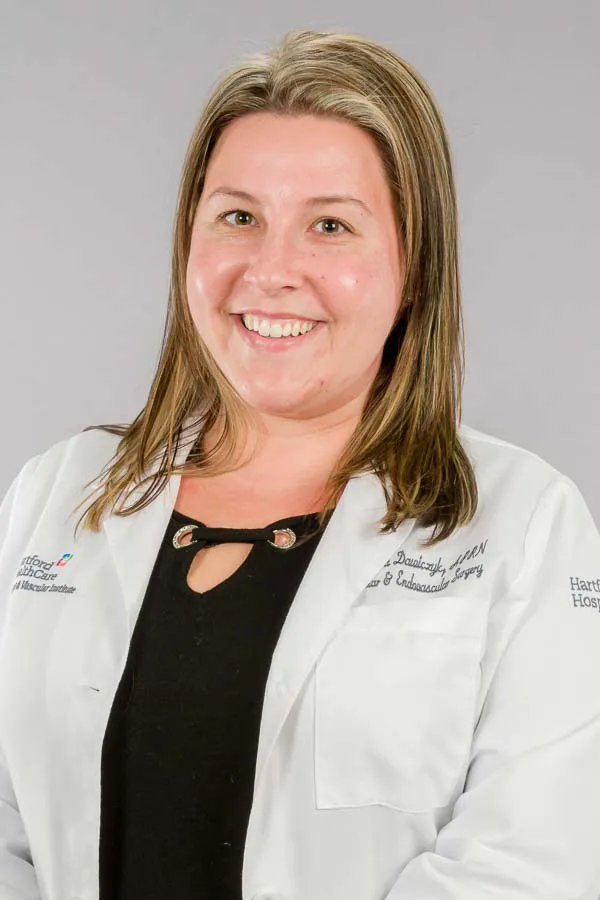
|
Dawiczyk, Stephania, APRN, FNP
860.886.0023
|
|
|
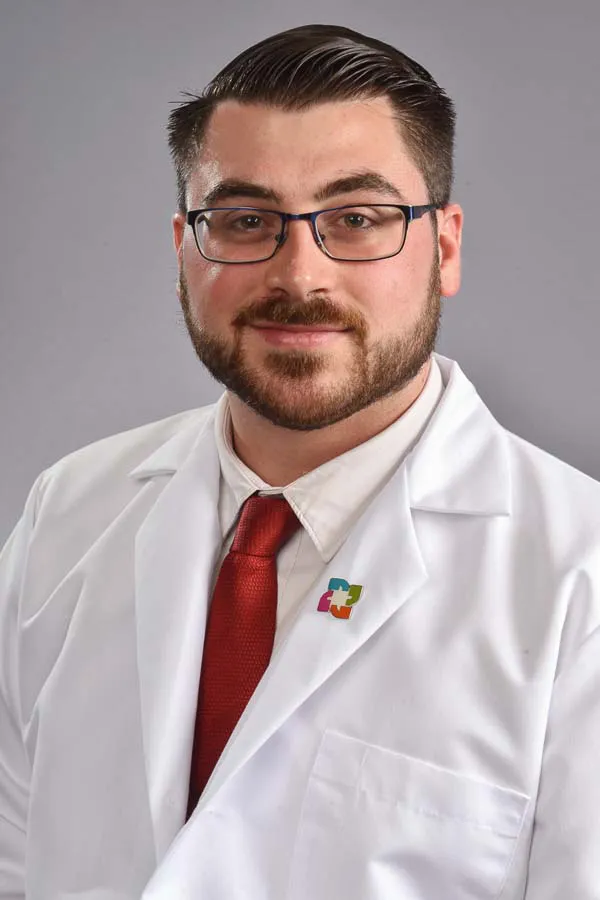
|
Ringuette, Keith, PA-C
860.886.0023
|
|
|

|
Tobon, Karisa, PA-C
860.489.1132
|
|
|

|
Kelleher, Sean, APRN
860.972.5499
|
|
|

|
Miller, Alexa, APRN, DNP
203.445.7093
|
|
|

|
Aitcheson, Elizabeth, MD, MPH, RPVI
860.522.4158
|
|
|

|
Sanders, Graig, PA-C
203.867.5300
|
|
|

|
Reso, Jessica, PA-C
860.696.5520
|
|
|

|
Wachtarz, Amber, APRN, DNP
860.242.8756
|
|
|

|
Bell, Jennifer, MD
860.972.1212
|
-
Advanced Heart Failure and Transplant
|
|

|
Asseo, Corrie, PA-C
203.576.5708
|
|
|